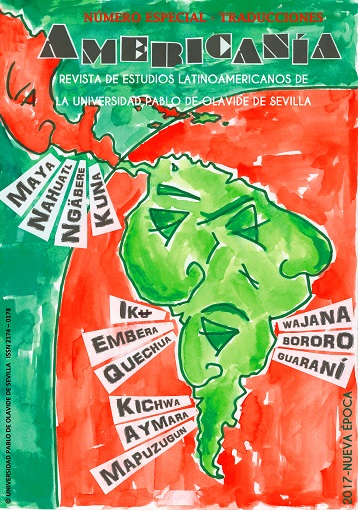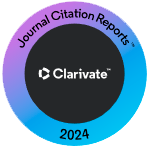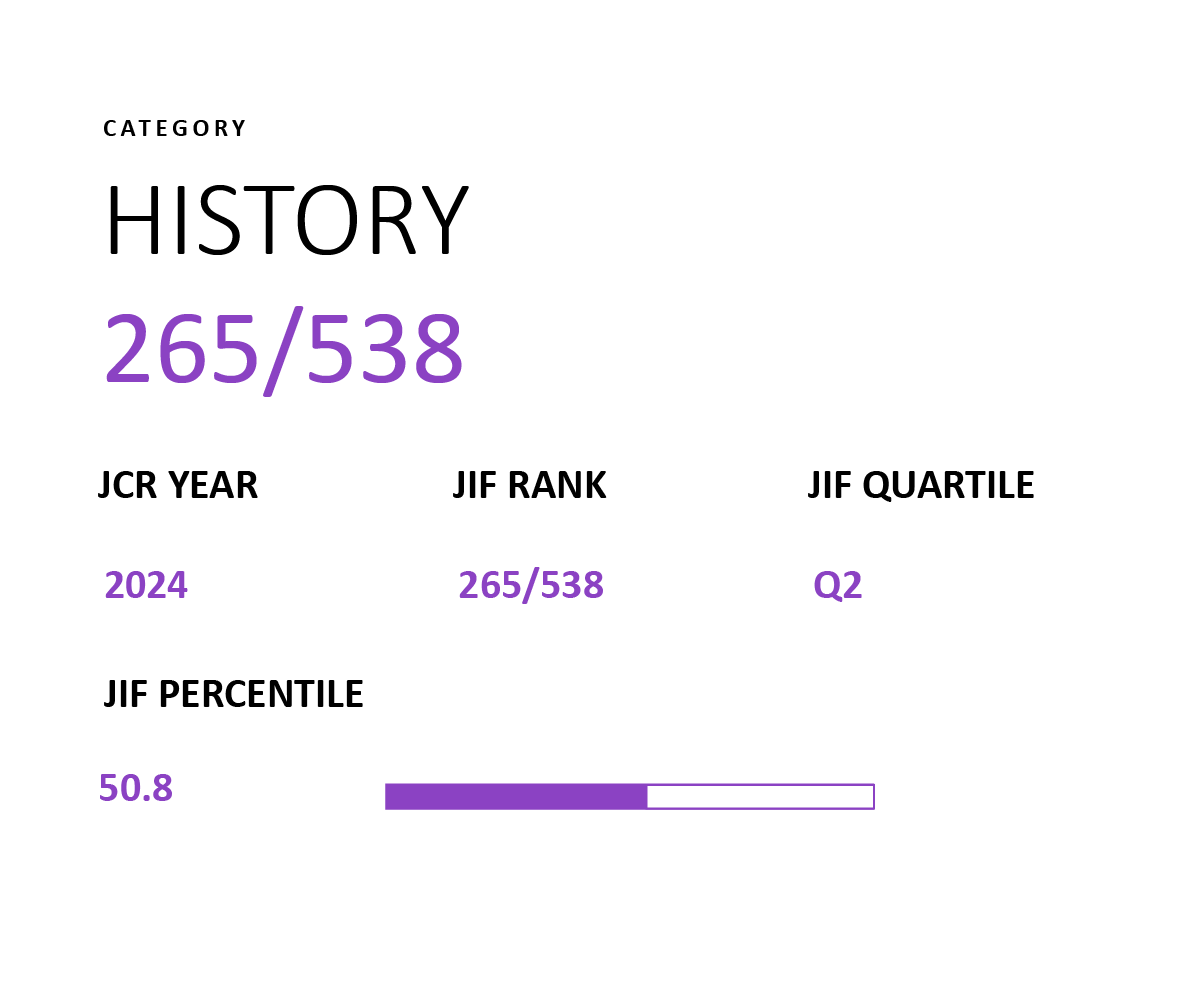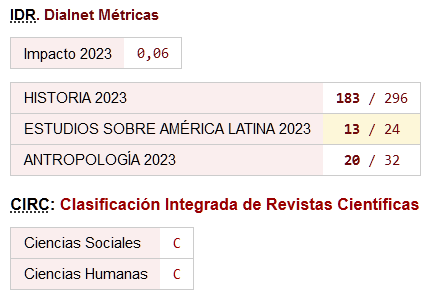Escribir el Aymara, ¿de acuerdo a la Comunidad o según el Sistema Lingüístico?
Palabras clave:
El aymara oral, Aymara lengua comunitaria, Caminos distintos en escritura aymaraResumen
La lengua aymara existe desde tiempos antiguos. Fue siempre la lengua del pueblo y la gente aymara. Los abuelos se expresaban en esa lengua; ellos lo mantienen hasta ahora. Los adultos también se comunican en aymara, pero los jóvenes ya hablan poco este idioma, aún más los niños casi ya no comprenden esta lengua. Ellos ya están acostumbrados al castellano. Respecto a la escritura, hay dos caminos contrapuestos: (1) unos escriben de acuerdo al modelo iniciado por el Padre Ludovico Bertonio; los seguidores lo hacen con la retención vocálica al final de palabra; (2) otros escriben de acuerdo a cómo habla la gente el aymara de hoy, ellos escriben sin la vocal final de palabra; (3) hay un tercer grupo de escritores, quienes solamente apocopan la vocal /a/ al final de palabra, manteniendo así las vocales /i, u/ en la escritura sintáctica. Este tercer camino va ganando confianza en la estandarización escrita.
Nayra pachatpach aymara arux utjapunitaynawa. Aymara markana, aymara jaqin arupapunïtaynawa. Achila, awichanakas uka arutpuni arst’asipxirïtayna; ukhamaw jichhakamas aymarax apnaqatakïski; tantiyu jilïri jilat kullakanakas aymaratx aruskipt’asisipkiwa, wayna` tawaqunakasti juk’aki aymarat parlt’asxapxi; sullkïri wawanakasti janikiw aymarx suma` amuyxapxiti; jupanakax kastillanuru jichuntatakïxapxiwa. Qillqawi tuqinsti, pä thakhiw jupapur awqa lurawjam jani walt’ayawinki: (1) mä thakix Ludovico Bertonio tata kuran qillqataparjamaw sarantata, jupanakax jani salla` jalaqtayasaw qillqapxi; (2) mä yaqha thakhisti markan aymara arsutaparjamarakiw qillqata; jupanakasti taqpach qhipa salla` jalaqtayasaw qillqapxi; (3) kimsïri thakhisti utjarakiwa; akniri thakhinkirinakax /a/ sallaki chhaqtayapxi, /i, u/ sallanakx qillqt’apxakipunirakiwa. Aka kimsïri thakhiw aski sartjamaxa.
The Aymara language has existed since ancient times. It has ever since been the language of the Aymara people and folk. The elderly used this language to express themselves; and they have managed to keep it up to this day. So have the adults. Nevertheless, this language is not very much spoken by the youth, especially the little ones, who seldom understand it. They have grown accustomed to Spanish. As for writing, two tendencies may be observed: on the one hand, there are those who write according to the model put forward by Father Ludovico Bertonio, with the reduction of the last vowel of words; and on the other, there are those who write according to how the language is spoken nowadays, with the deletion of the last vowel of words. Additionally, a third trend should be outlined: a group that apocopes the /a/ vowel at the end of words, keeping vowels /i/ and /u/ in its synthetic form of writing. In the process of standardization of the writing system, this third group has been gaining strength.
Descargas
Descargas
Publicado
Cómo citar
Número
Sección
Licencia
Salvo indicación contraria, todos los contenidos de la edición electrónica se distribuyen bajo una licencia de uso y distribución “Creative Commons Reconocimiento-No Comercial-CompartirIgual 4.0” (CC-BY-NC-SA). Puede consultar desde aquí la versión informativa y el texto legal de la licencia. Esta circunstancia ha de hacerse constar expresamente de esta forma cuando sea necesario.
En cualquier caso, los autores conservan todos los derechos sobre los textos publicados.










